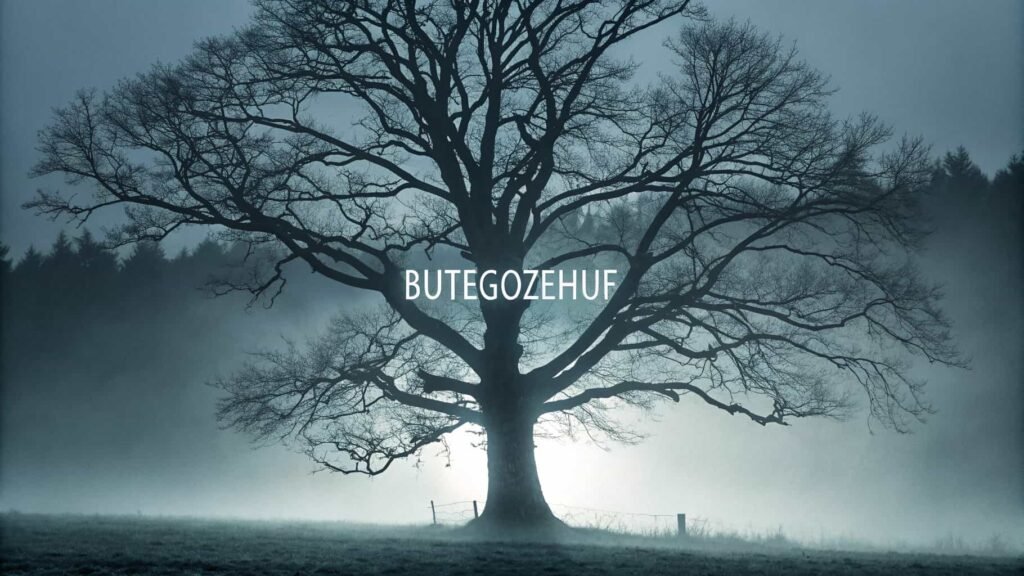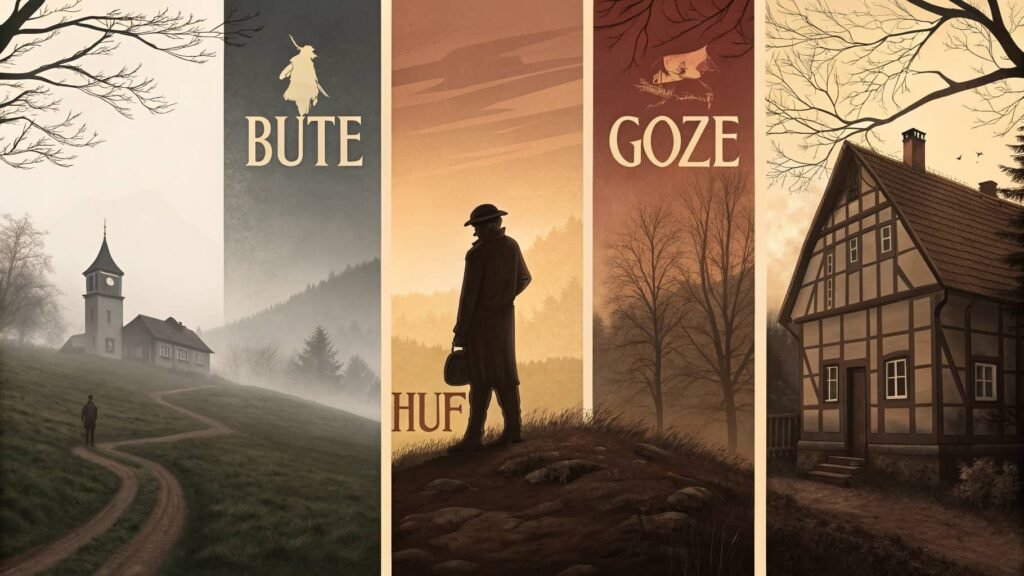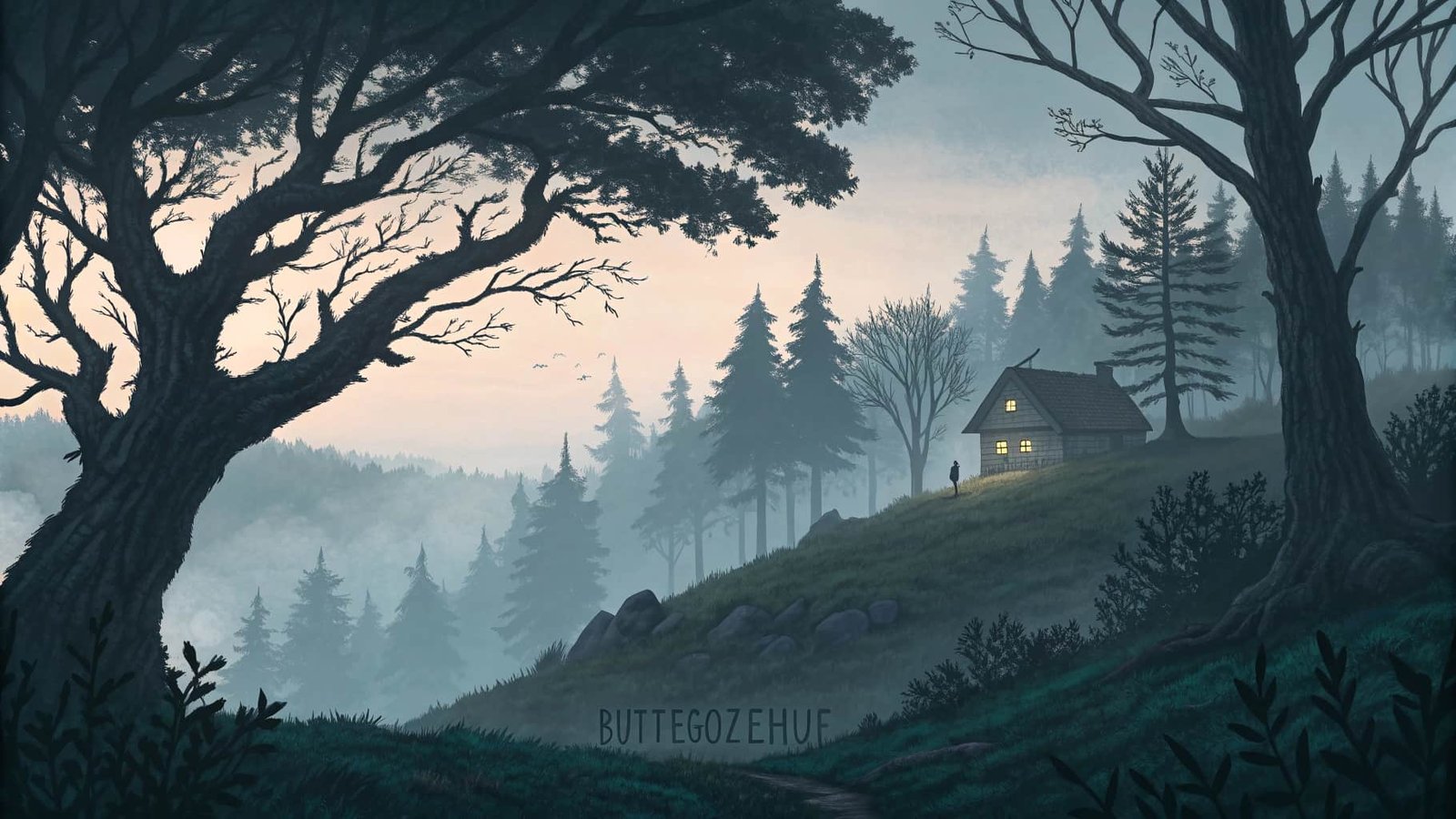Butegozehuf: Meaning, Origins, and Linguistic Mystery!
Butegozehuf is a rare, mysterious surname with unknown origins. It likely originates from old Germanic words meaning “hill,” “person,” and “farm.” Its meaning remains unclear and intriguing.
Stay tuned with us as we continue to explore the mystery of Butegozehuf — a rare name with hidden roots and untold stories. More insights coming soon!
What Is the Origin and Meaning of the Name Butegozehuf?
The origin of the name Butegozehuf is not documented in traditional surname databases, genealogical registries, or historical records. Unlike common surnames that trace back to occupations, places, or family lineage, Butegozehuf has no obvious point of reference. However, linguistic experts believe that its structure resembles certain Germanic and toponymic naming conventions, which may offer clues about its possible meaning.
The name appears to be constructed rather than inherited, suggesting it could be the result of linguistic evolution, migration, or phonetic transformation. Its multi-part composition hints at a composite word, where each segment may once have had an independent meaning, perhaps in a now-extinct dialect.
Why Is the Name Butegozehuf So Rare and Unfamiliar?

Butegozehuf is virtually absent from global surname records, making it one of the rarest names encountered in modern onomastics. It does not appear in known census data, immigration logs, or family tree platforms, such as Ancestry.com or MyHeritage. This suggests that the name either never gained widespread use or has undergone such significant changes over the centuries that it’s no longer recognizable in its original form.
The lack of repetition or reappearance in historical documents contributes to its “phantom-like” status. It may have been a localized name that disappeared through assimilation, or possibly invented in isolated communities without written records. The absence of any known usage reinforces its rarity and enigmatic appeal.
Does Butegozehuf Have Any Known Historical or Cultural References?
Unlike names rooted in noble lineages, occupations, or geographic locations, Butegozehuf lacks any traceable historical or cultural context. It has never been tied to any significant event, community, literature, or migration pattern in European or global history.
While many surnames can be traced back to feudal land ownership, tribal affiliations, or regional dialects, Butegozehuf sits outside these established naming systems. This lack of cultural anchoring adds to its status as a “vestigial name”—a term used to describe names that exist without any living historical or cultural connection.
Its isolation has made it a subject of speculation, especially among linguistic historians who study name patterns across languages that are disappearing or undergoing hybridization.
What Are the Linguistic Theories About the Name Butegozehuf?
Linguistically, Butegozehuf is believed to be composed of multiple elements that resemble East Germanic roots, a group of languages that are now extinct or have undergone profound transformation. Scholars suggest that names like Butegozehuf were often constructed from phonetic segments, which carried meaning in older dialects but may no longer be understood today.
There is strong support for the idea that Butegozehuf is not a singularly meaningful word but rather a fusion of three distinct components. This type of formation is common in areas of linguistic diversity, mainly where migration and language blending occurred without standardization.
Could the Name Butegozehuf Come from East Germanic Languages?
Yes, one of the strongest theories is that Butegozehuf has East Germanic origins, possibly rooted in now-lost dialects spoken by tribes such as the Goths, Vandals, or Burgundians. These languages shared structural similarities with modern German, but they also included unique suffixes and compound forms.
Names from East Germanic origins often reflected geographical features, professions, or personal names, many of which have fallen out of use due to cultural assimilation and migration. If Butegozehuf originated in such a context, it may have been forgotten due to a lack of written preservation during transitional periods in European history.
What Does Each Part of the Name Butegozehuf Mean?
Let’s break down the name Butegozehuf into its likely components:
| Segment | Possible Origin | Suggested Meaning |
| Bute | Toponymic | A hill, mound, or elevation |
| Goze | Anthroponymic | A personal name or an old profession |
| -huf | Germanic suffix | Farm, estate, or settlement (like “Hof”) |
This analysis indicates that Butegozehuf may have once meant something like “the farm or estate on the hill belonging to Goze.” Such interpretations remain speculative but are consistent with naming customs in early Germanic regions.
What could “Bute,” “Goze,” and “-huf” Represent in This Name?

Bute
Derived from Alpine or southern Germanic dialects, this term could refer to a geographical elevation, such as a mound or hill. These features were often used to name locations or settlements.
Goze
This could be an ancient personal name, a diminutive, or a local nickname. Alternatively, it could be linked to a craft or occupation, as was common in medieval naming.
-huf
Closely related to the modern German “Hof,” this suffix is frequently seen in place names and surnames, indicating a rural farm, courtyard, or estate.
Is Butegozehuf a Name Created by Combining Different Word Parts?
Yes, this is the most plausible explanation. Butegozehuf appears to be a composite or constructed surname, built by juxtaposing distinct linguistic fragments. This technique was common in areas with multiple overlapping languages, such as medieval Central Europe.
Such surnames often arose organically and informally, without any governing linguistic rules, especially among small communities or migratory populations. Over generations, pronunciation shifts and regional accents may have further modified the name, obscuring its roots.
How Might the Name Butegozehuf Have Changed Over Time or Through Migration?
Migration, language shifts, and administrative errors often lead to variations in surname spelling and pronunciation. Butegozehuf could have had several historical spellings that later evolved or disappeared entirely.
For example:
- Buttgehof
- Bodegozhuf
- Gozebuthof
Each variation may have reflected local dialects or phonetic interpretations by clerics, priests, or immigration officers. This makes tracking the name through official records extremely difficult.
Why Is Butegozehuf Not Found in Historical Records or Family Trees?
The lack of documentation for Butegozehuf can be attributed to several factors:
- Low population usage: It may have been used in a small community.
- Name evolution: It may have transformed into a modern surname over centuries.
- Lack of written records: Some populations did not maintain surnames in writing.
- Phonetic inconsistency: Different spellings could have made it untraceable.
These factors contribute to the “invisibility” of the name in genealogical research, making it one of the most elusive surnames known.
What Makes Butegozehuf a “Vestigial Name” or Linguistic Mystery?
A vestigial name refers to a surname that exists without any active use, cultural link, or historical continuity. Butegozehuf fits this definition perfectly. It’s a name with a structure that suggests meaning, but without anyone to carry it, no lineage to follow, and no context to clarify its past.
This type of name serves as a linguistic fossil, offering indirect clues about lost communities, migration patterns, and forgotten dialects. It fascinates scholars because it straddles the line between known history and vanished identity.
Why Is It Important to Document the Name Butegozehuf if You Find It?
If you ever come across Butegozehuf in any form—whether in an old document, registry, or manuscript—it’s vital to record and preserve it. Every appearance of the name could provide:
- Clues about lost dialects
- Insight into forgotten families
- A missing link in linguistic history
Even a single mention in a regional migration record could revive interest in this forgotten name and provide direction for future research.
What Makes the Name Butegozehuf So Interesting to Researchers and Linguists?

The name Butegozehuf stands at the intersection of linguistic theory, historical absence, and cultural curiosity. For researchers, it poses a riddle: How can a name so structurally sound be so absent from human history?
It challenges traditional assumptions about naming, inheritance, and identity. As such, it continues to fascinate scholars of language, history, and culture, reminding us that not all names leave a legacy, but some still whisper from the past.
FAQ.s
1. Is Butegozehuf a real surname or a constructed example?
Yes, Butegozehuf is a real, though extremely rare, surname. Its uniqueness makes it a topic of linguistic curiosity.
2. Can Butegozehuf be used as a fictional name in books or games?
Absolutely. Its mysterious and ancient feel makes it perfect for fantasy or historical fiction.
3. Are there similar names to Butegozehuf in Germanic culture?
Names with “-hof” or “-huf” endings are common in Germanic regions, though none match this exact construction.
4. Could Butegozehuf have originated from a lost village or region?
Possibly. Some surnames originate from places that no longer exist due to war, migration, or administrative changes.
5. Where can I report or share findings if I see the name Butegozehuf?
You can contribute to onomastic or genealogy forums, academic archives, or open data genealogy platforms.
Conclusion
The name Butegozehuf may be rare, but it tells a story that stretches across time, language, and culture. Its structure hints at forgotten roots, and its absence from records makes it all the more intriguing. Whether a lost surname, a phonetic creation, or a linguistic relic, Butegozehuf remains a compelling subject for researchers and enthusiasts alike. It reminds us that not all names come with answers, but all come with questions worth exploring.













Post Comment